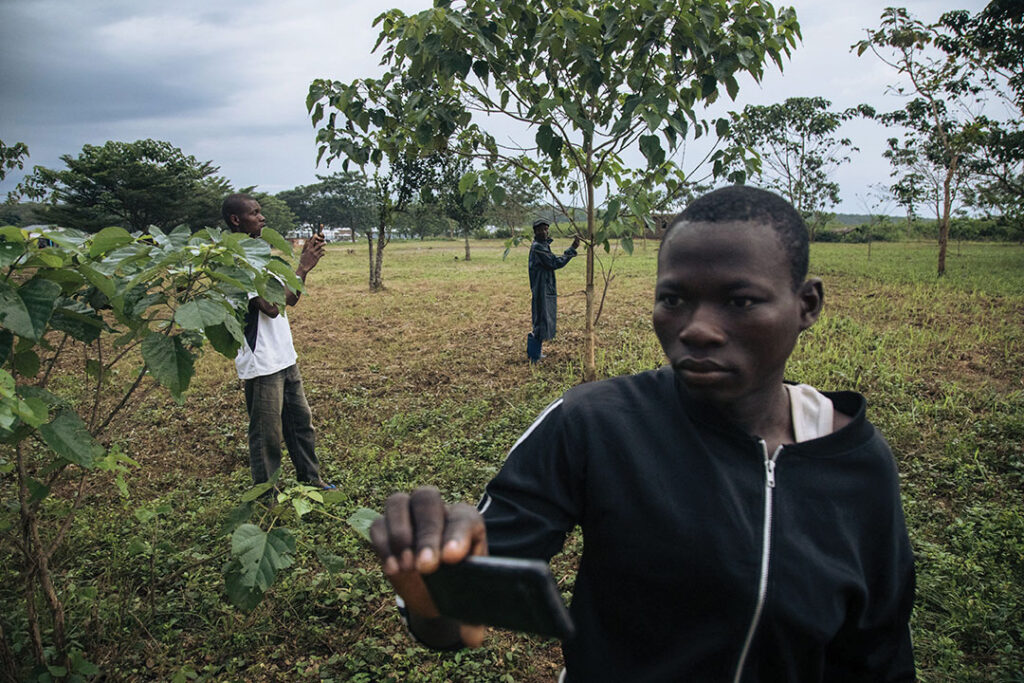Defenceweb
Four United Nations peacekeeping missions in Africa are working to prevent and stop disinformation campaigns aimed at undermining mission credibility.
MONUSCO in the Democratic Republic of the Congo (DRC), MINUSCA in the Central African Republic, MINUSMA in Mali and UNMISS in South Sudan are involved in the campaigns. The missions in the DRC and Mali began shutting down in 2023.
The initiative is designed to fight back against falsehoods that trigger tensions, violence and death, the world body noted. The U.N. is monitoring how misinformation, disinformation and hate speech can affect health, security and stability, and undermine progress toward sustainable development goals.
U.N. missions are using smartphones and editing apps along with innovative approaches to build a “digital army” aimed at combating mis- and disinformation on social media networks and beyond. U.N. missions in Africa and elsewhere report disinformation, in the case of MONUSCO as far back as 2019, via social media campaigns targeting their peacekeeping work.
“There is a war going on through social media, the radio and traditional news outlets,” MONUSCO head Bintou Keita said. “Fighting deadly disinformation has been a painful curve to learn of this new battlefield, but the mission is now proactive on social and other media platforms to help stop its spread.”
To fight disinformation, U.N. peacekeepers put new tools into the hands of civilians of all ages, including 15-year-old Blessing Kasasi in the DRC. An activist advocating for the rights of women and children, she joined a workshop in Kinshasa with 30 young people to learn about detecting “fake news” and countering it with the truth.
Workshop trainer Guillaume Kingh-Farel said disinformation is “used as a weapon of war to undermine MONUSCO’s peace efforts in the DRC.”
As such, the MONUSCO-supported workshop set out to train “a digital army capable of detecting false information” by producing content with a smartphone and editing software. The goal was to spread objective, credible information through “relay clubs” disseminating these messages through their networks.

